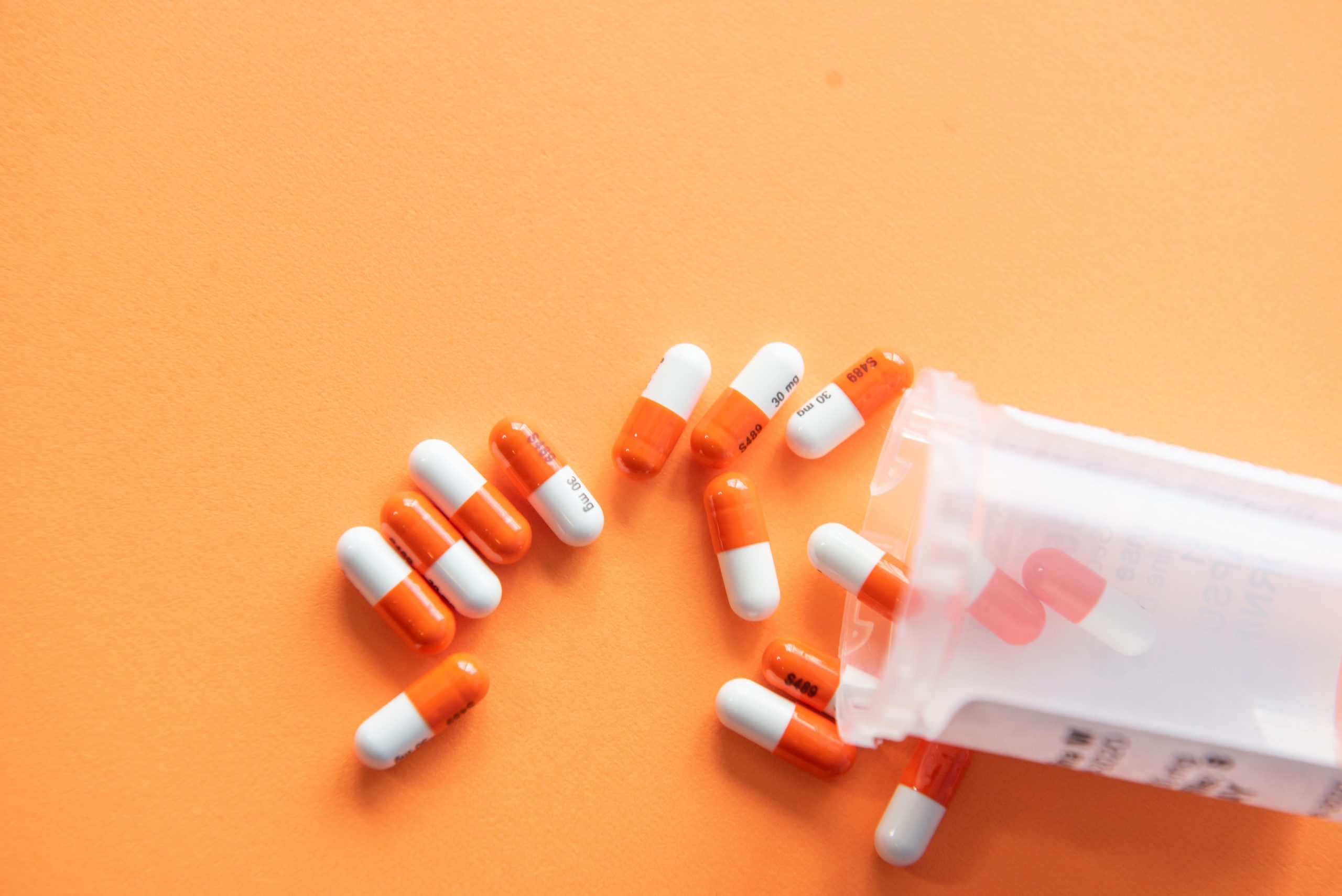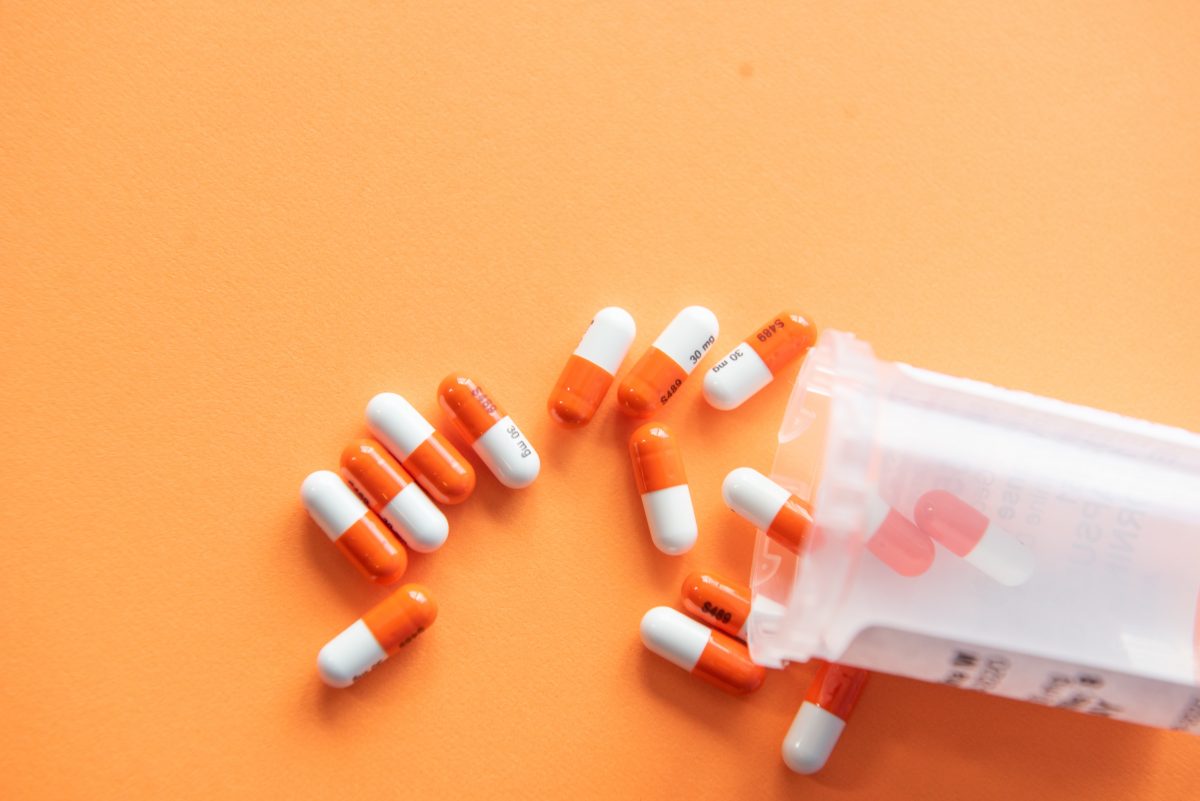Alternative Treatments for ADHD
Over 1.6 million U.S. adults have attention deficit hyperactivity disorder (ADHD). Characterized by symptoms such as a short attention span, distractibility, forgetfulness, and impulsivity, the condition can pose a significant challenge to maintaining a successful job, managing relationships, and accomplishing personal goals.
Stimulants such as A dderall, Ritalin, and Concerta are the standard treatments for ADHD. These medications work by increasing chemical messengers called dopamine and norepinephrine in the brain’s central nervous system. While highly effective, these medications aren’t the best choice for everyone. Some individuals have other conditions that stimulants can exacerbate, such as:
dderall, Ritalin, and Concerta are the standard treatments for ADHD. These medications work by increasing chemical messengers called dopamine and norepinephrine in the brain’s central nervous system. While highly effective, these medications aren’t the best choice for everyone. Some individuals have other conditions that stimulants can exacerbate, such as:
- Heart problems
- Glaucoma
- An anxiety disorder
- Tourette’s syndrome
- A history of psychosis
Even when there are no conflicts with other conditions or difficult side effects, stimulants may not be fully effective. Studies have found that 10 to 30 percent of patients do not respond adequately to stimulants.
As a result, it’s important for individuals with ADHD to be aware of the alternatives that can either replace or supplement stimulants.
Non-Stimulant Medications
While stimulants are the most common type of medication used to treat ADHD, they aren’t the only option. Some examples of non-stimulant ADHD medications include:
- Straterra
- Clonidine
- Intuniv
- Qelbree
As Heading Health Psychiatrist Dr. Arif Noorbaksh notes, while these medications may be less effective, they are “generally safer and better tolerated than stimulants.”
Talk with your physicians to determine whether these non-stimulant alternatives are right for you.
Talk Therapy
Medications aren’t the only way to treat the symptoms of ADHD. For example, research has found that cognitive behavior therapy (CBT) can help with procrastination, time management, and planning.
Aside from addressing the symptoms of ADHD, therapists can also help with some of the stressors it can cause, such as job losses or relationship problems. They can also treat other mental health conditions, such as anxiety and depression, which can exacerbate the symptoms of ADHD.
Coaching
Therapists are not the only types of professionals who can help individuals with ADHD overcome their symptoms. ADHD coaches work closely with clients to help them carry out their daily activities in a focused and organized fashion. They provide feedback and suggestions to help them out with tangible goals. They can also help with accountability by checking in on clients to see their progress.
Behavioral Strategies
Even without a professional to guide you, you can make a range of simple changes to your environment and routine that can help you stay focused. Here are a few suggestions.
- Create a checklist: Having a clear list of what needs to get done can help keep you on track and ensure you don’t forget essential tasks.
 Decrease distractions: Make a point to limit easy distractions. Make a list of common distractions and avoid them while working on important tasks. Some common anti-distraction strategies may include setting your phone and computer to do-not-disturb mode and avoiding working around your TV.
Decrease distractions: Make a point to limit easy distractions. Make a list of common distractions and avoid them while working on important tasks. Some common anti-distraction strategies may include setting your phone and computer to do-not-disturb mode and avoiding working around your TV. - Try out a fidget device: ADHD can result in excessive fidgeting. Devices designed to channel that fidgeting (e.g., a fidget spinner) can channel it in a healthy way and prevent it from interfering with your ability to concentrate.
- Set time limits: Though ADHD is associated with distractibility, it can also cause hyper-focused states where individuals zero in on one task for prolonged periods of time. While this can be useful, it can pose a problem if it happens at the expense of other goals. Setting a timer is a quick way to avoid this problem.
- Create your personal reward system: Positive reinforcement is a well-established technique promoting desired behaviors. Try to give yourself simple rewards, such as a walking break, gold star on a tracking system, or a tasty snack like a piece of chocolate, when you’ve completed a task.
Support Groups
As with any mental health condition, talking with others who have ADHD can be helpful. Learning that other people experience similar difficulties can mitigate the sense of shame and guilt that individuals with ADHD can experience. Success stories can be a powerful motivator and provide unique strategies for coping with their symptoms and improving overall functioning. Like coaching, support groups can also be helpful for accountability purposes. Knowing that you’ll meet with a group to discuss how you’ve been managing your ADHD may provide additional motivation to stick with your tools and strategies.
Nutrition and Lifestyle Changes
While nutrition and lifestyle habits may not cause ADHD, specific diets and behaviors can help mitigate the symptoms. Sally Twellman, nutritional therapist at Heading Health, recommends:
- A high-fiber plant-rich diet
- Brightly colored fruits and vegetables that are high in antioxidants
- Avoiding processed foods, especially those high in preservatives and artificial dyes
- Checking for food sensitivities (e.g., gluten allergies).
 Aside from diet, exercise has been investigated as a potential tool for alleviating the symptoms of ADHD. For example, a recent meta-analysis found that exercise improves executive function (i.e., mental abilities associated with memory, organization, planning, attention, etc.). Importantly, they found that exercise intensity did not impact the therapeutic effects of exercise, meaning even moderate exercise can help with ADHD.
Aside from diet, exercise has been investigated as a potential tool for alleviating the symptoms of ADHD. For example, a recent meta-analysis found that exercise improves executive function (i.e., mental abilities associated with memory, organization, planning, attention, etc.). Importantly, they found that exercise intensity did not impact the therapeutic effects of exercise, meaning even moderate exercise can help with ADHD.
A good night’s sleep can also have a significant on ADHD symptoms. Though ADHD can make it difficult to get a good night’s rest, a few simple techniques can make sleeping well easier.
Here are some suggestions:
- Avoid napping within four hours of your bedtime.
- Don’t consume caffeine within 12 hours of your bedtime.
- Go to bed around the same time every time.
- Develop a calming bedtime routine.
- Use a blue light filter when looking at screens close to bedtime.
Want to find out if Heading is right for you?
Complete our consultation form and an intake specialist will get in touch.




 Between coffee, tea, soft drinks, and energy drinks, caffeine is one of the most commonly consumed psychoactive drugs.
Between coffee, tea, soft drinks, and energy drinks, caffeine is one of the most commonly consumed psychoactive drugs. 
